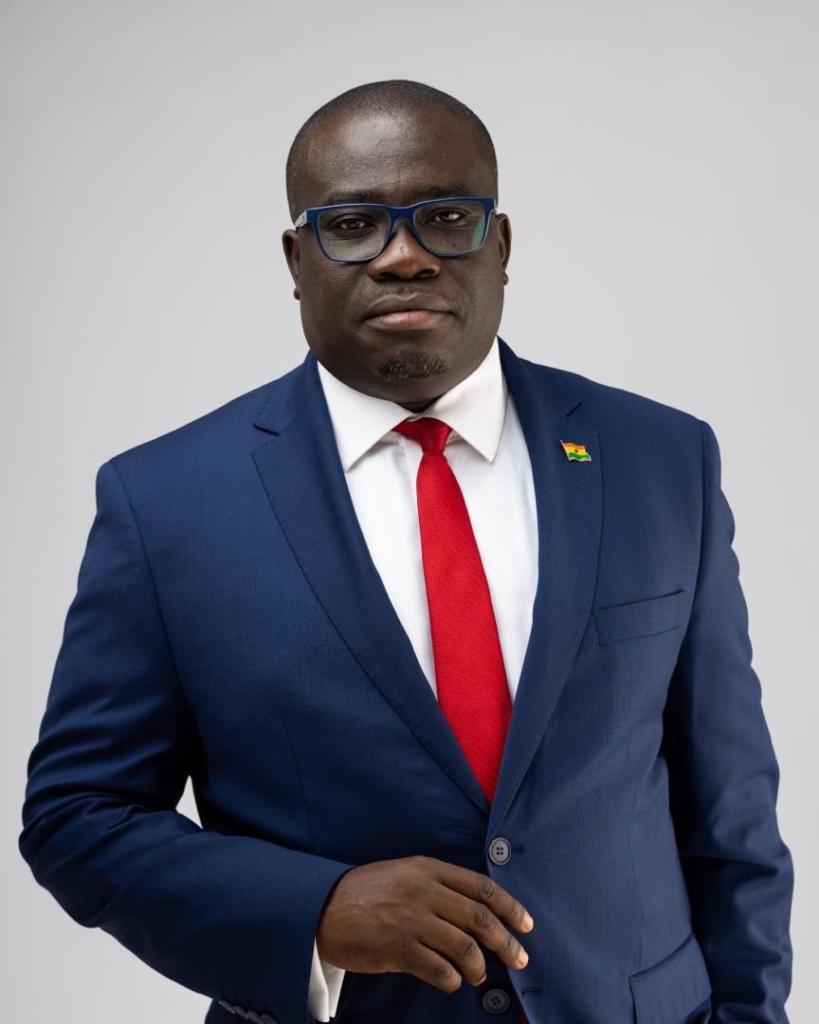
The former Member of Parliament for Dormaa East, Paul Apraku Twum Barimah, has called for a reduction in electricity tariffs as a result of the cedi’s appreciation.
The Ghana cedi has experienced a significant appreciation against the U.S. dollar in recent months, prompting calls for a corresponding reduction in electricity tariffs.
Despite the cedi’s performance, the Public Utilities Regulatory Commission (PURC) implemented a 14.75% increase in electricity tariffs, effective May 3, 2025, citing factors such as exchange rate fluctuations, inflation, and fuel costs.
Mr. Twum Barimah disagreed with the increment, saying, one of the key components of the tariffs is the exchange rate.
Cedi’s Upward Trajectory
As of May 21st, the cedi strengthened to GH¢12.22 to a dollar in the interbank market, marking an 8.44% year-to-date gain from GH¢16.53 in November 2024. This appreciation is attributed to several factors, including the Bank of Ghana’s $490 million in forex interventions, increased gold reserves, and improved gross international reserves, which stood at $9.4 billion in March 2025, up from $6.2 billion a year before.
Mr. Twum Barimah alluded that the present government is benefiting from the good policies of the previous regime such as the gold purchasing programme.
Tariff Hike amid Currency Strength
The PURC’s recent tariff adjustment was based on a weighted average exchange rate of GH¢15.6974 per U.S. dollar, higher than the current rate. The Commission cited the need to recover 50% of an outstanding revenue shortfall of GH¢976 million from previous quarters in 2024 as a significant factor influencing the increase.
The former Dormaa East MP pointed out that the move was a bad faith knowing that the cedi was appreciating against the dollar.
Stakeholder Reactions
The Ghana Hotels Association and the Ghana Union of Traders’ Association (GUTA) have expressed concerns over the tariff hikes. The Hotels Association highlighted that electricity accounts for over 20% of operational expenses, warning that the increase could threaten business sustainability.
GUTA criticised the PURC’s decision as unjustified, pointing to inefficiencies in the utility sector that burden consumers.
Calls for Tariff Reassessment
Given the cedi’s appreciation, stakeholders argue that electricity tariffs should be reassessed to reflect the reduced cost of importing fuel, which is priced in U.S. dollars.
They contend that if currency depreciation justifies tariff increases, then appreciation should logically lead to reductions, providing relief to consumers and businesses alike.
Looking Ahead
As the cedi continues its upward trend, there is growing pressure on the PURC to consider these gains in future tariff reviews.
Mr. Twum Barimah concluded that stakeholders have advocated for a transparent and responsive pricing mechanism that aligns with economic indicators, ensuring that consumers benefit from favorable market conditions.
DISCLAIMER: The Views, Comments, Opinions, Contributions and Statements made by Readers and Contributors on this platform do not necessarily represent the views or policy of Multimedia Group Limited.
DISCLAIMER: The Views, Comments, Opinions, Contributions and Statements made by Readers and Contributors on this platform do not necessarily represent the views or policy of Multimedia Group Limited.



